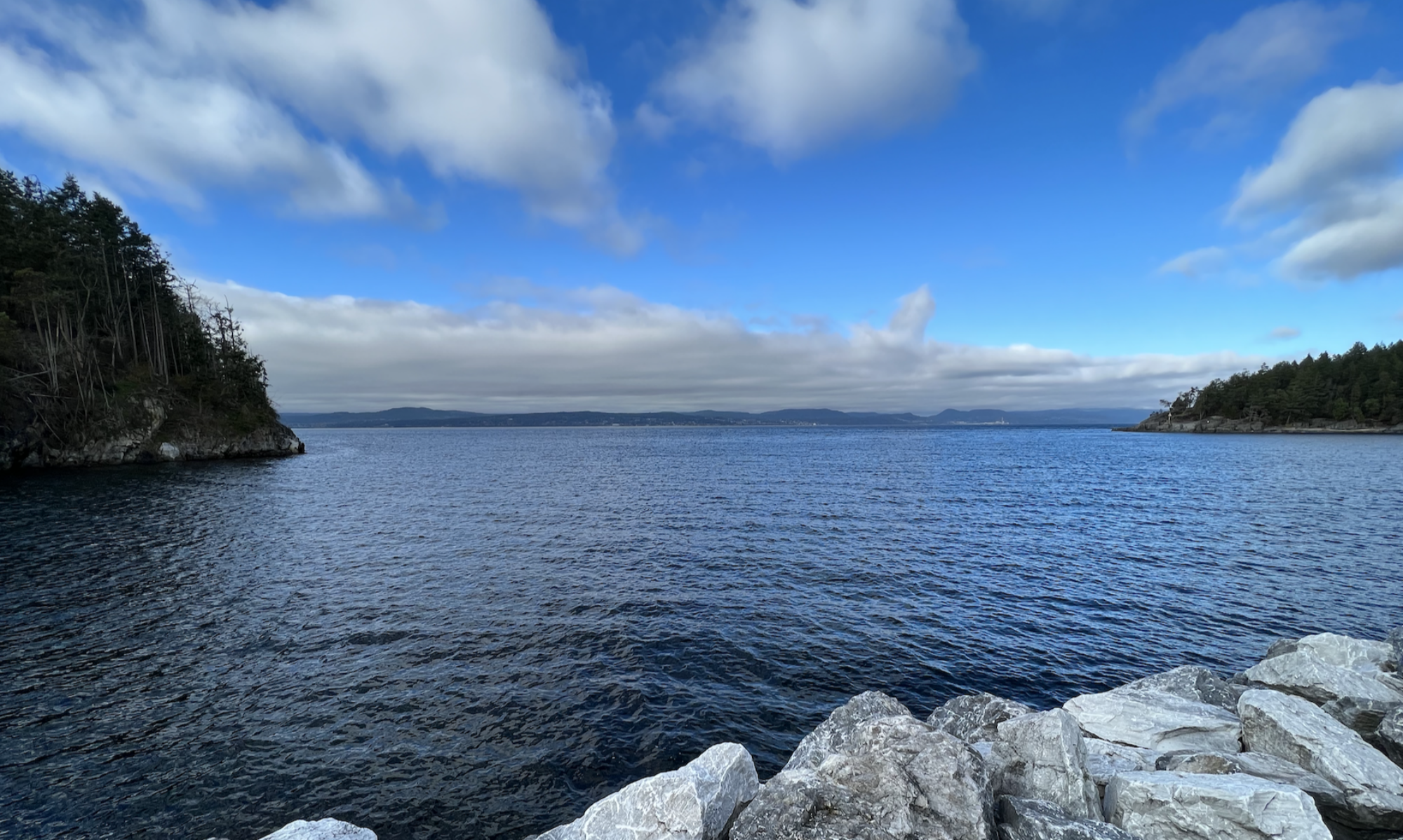I appreciate these words, caught and offered by Maureen Parker, a friend, colleague who works with Ottawa Family Services. Maureen was a participant in an event in November that I co-hosted, Developing Partnerships in the Workplace. Deeply insightful in her listening.
Partnership Possibilities
Re-activating a pattern of learning and partnership
WE create a context where purpose and presence
Show up joyfully, to co-cook and simmer
A stirring and emerging field
Letting go of silo machines of productivity
To engage with people
WE re-humanize work and
Make fantastic our collaboration
Dancing the vertical-horizontal shift
WE build bridges and tame our tempers
Transforming the ripple of unhappiness
Into powerful soul connections
And re-membering these life affirming ways
WE wake up, to nourish gentle processes
Which invite wise action
Removing masks, we see creativity shining through
Aware of what is already here, bubbling to the surface
WE invite ourselves into our work, authentically
‘Being into’ that which moves and dances
Emergent joy in storytelling, we connect
And invite a ground swelling shift toward each other
All jazzed up, WE are now ready to protect
The language of what is working
